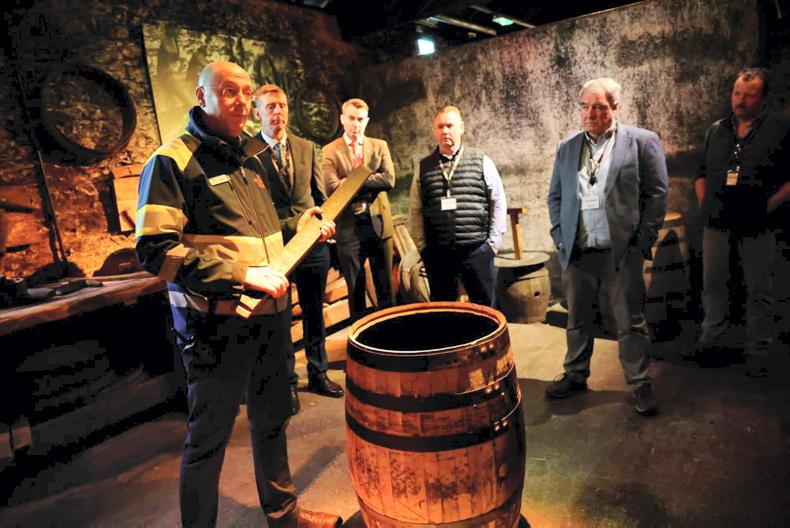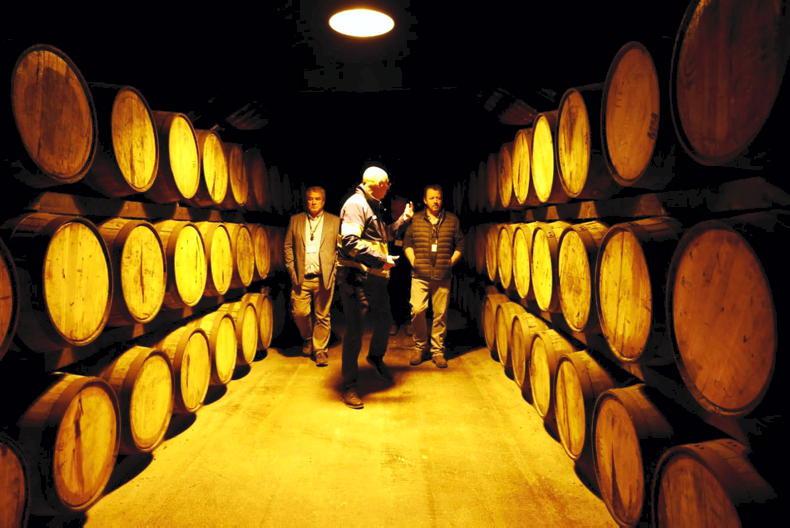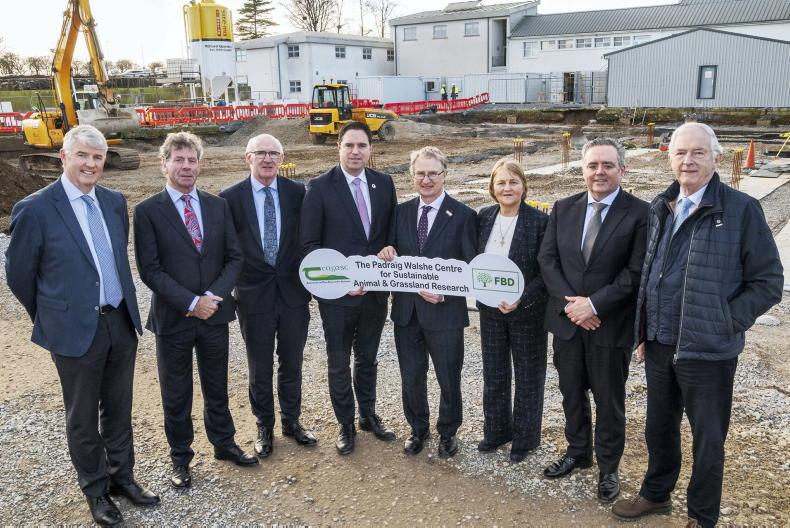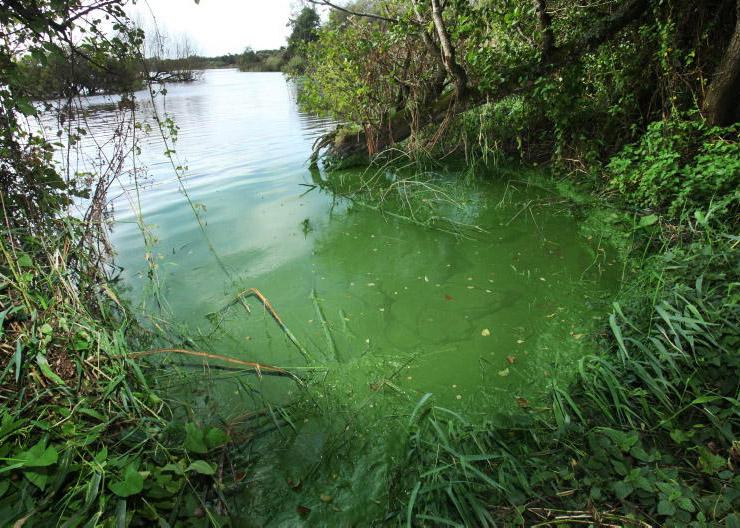The Department of Agriculture faced some backlash over the new nitrates action programme (NAP) from advisers and merchants at the Fertilizer Association of Ireland’s spring scientific meeting at the Horse and Jockey Hotel, Thurles, Co Tipperary, on 7 February.
The Department’s Bernard Harris spoke about some of the important changes affecting farmers from the fifth NAP, which runs from 2022 to 2025.
However, his discussion prompted some backlash from audience members, who asked Harris if the Department had considered the unintended consequences of the new NAP.
"What we’re seeing on the ground as merchants and advisers dealing with farmers is that tillage appears to be the sacrificial lamb in all this. All we’re seeing on the ground is dairy farmers willing to pay any money to get land to dilute their stocking rate and the economics don’t come into it,” one audience member said.
He added that while milk prices were strong to support this at the moment, it is still “pushing a carbon efficient sector out of the marketplace”.
Increased tillage area
“It’s stated in the climate action plan that they want to increase the acres of tillage by 80,000 ha.
"How can that happen when dairy farmers are being forced to expand their enterprises to comply with legislation? It’s also taking the efficiency out of the dairy farm business, it's reducing their profitability,” he finished.
In response to this, Harris conceded that “yes, there’s unintended consequences”, but that coming “from the regulations side of the room”, water quality targets, for example, have to be met and if Ireland fails to meet those, “it is well within the rights of the Commission to pull our nitrates derogation”.










SHARING OPTIONS